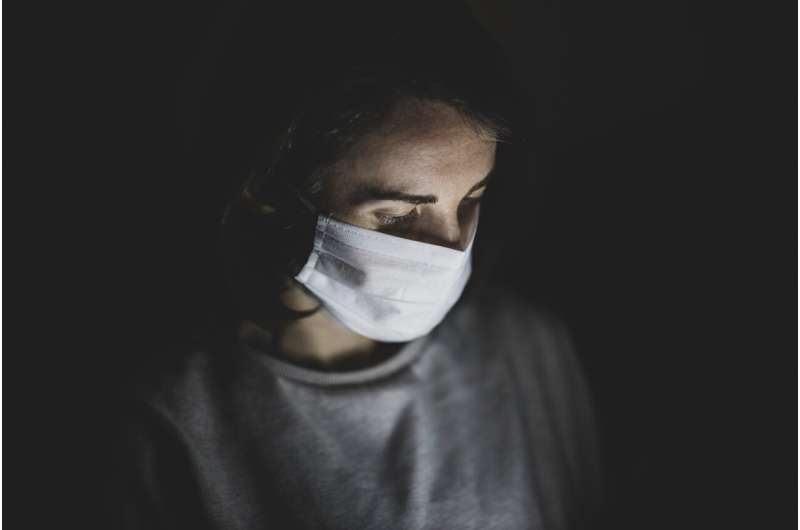
In an analysis of published prospective studies of people of all ages with confirmed SARS-CoV-2 infection who were followed for at least 12 months, pre-existing allergic conditions were linked to higher risks of experiencing long-term symptoms associated with COVID-19, or long COVID.
The analysis, which is published in Clinical & Experimental Allergy, identified 13 relevant studies (with a total of 9,967 participants) published between January 1, 2020 and January 19, 2023.
Although the data as a whole from the studies suggested that individuals with asthma or rhinitis might be at increased risk of long COVID after SARS-CoV-2 infection, the evidence for these associations was very uncertain. Therefore, more robust epidemiological research is needed to clarify the role of allergy in the development of long COVID.
“We need a better, harmonized definition of what is considered long COVID for epidemiological studies of this sort. Regardless we will be updating our analysis once further studies have been published in the next few months,” said corresponding author Christian Apfelbacher, Ph.D., of the Institute of Social Medicine and Health Systems Research, in Germany.
More information:
Allergic diseases as risk factors for Long-COVID symptoms: systematic review of prospective cohort studies, Clinical & Experimental Allergy (2023). DOI: 10.1111/cea.14391. onlinelibrary.wiley.com/doi/10.1111/cea.14391
Journal information:
Clinical & Experimental Allergy
Source: Read Full Article



